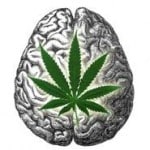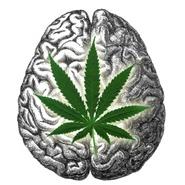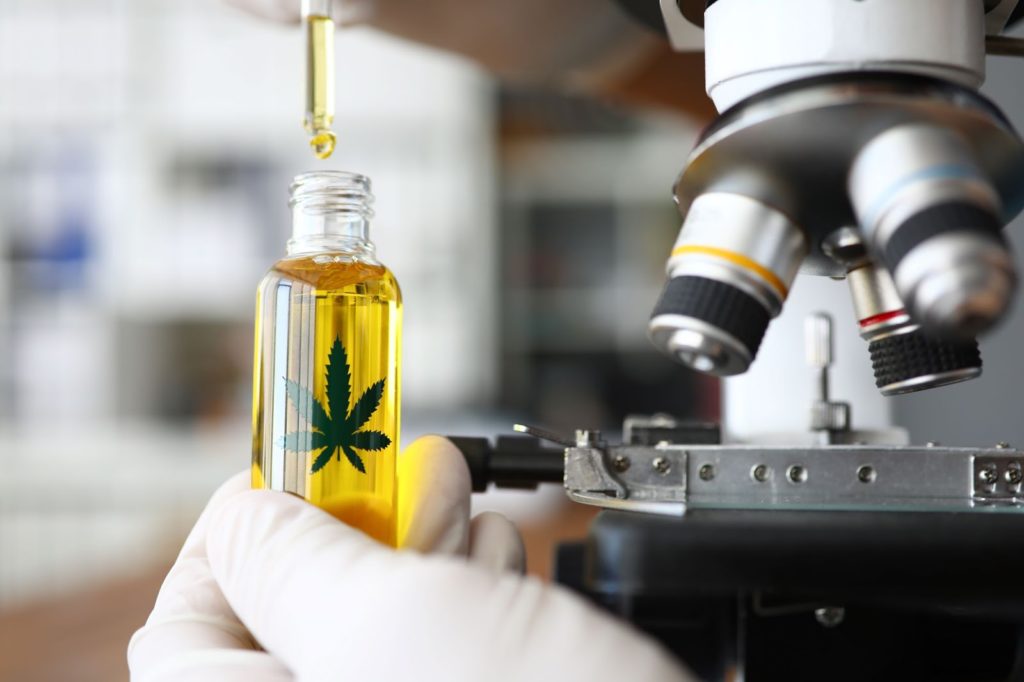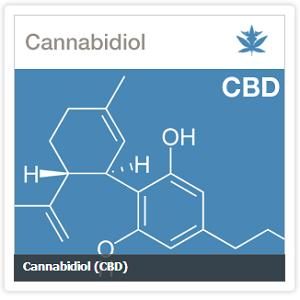 Dopamine Burn Out
Dopamine Burn Out
New research surfaces on how marijuana can help cure cocaine withdrawal symptoms
By Jasen T. Davis
Cocaine addiction is corrosive to the health of both the body and the mind. A person trying to quit cocaine faces withdrawal symptoms that can include headaches, body pains and depression. A cocaine addict can feel like a dog wearing an electrical shock collar. If they wander too far from their last fix, they get zapped.
The reason this is so is that positive life experiences–like a good conversation or a job promotion–cause your body to release a chemical called dopamine. This chemical binds to a specialized receptor in your brain, inducing feelings of euphoria. Later, a transporter protein recycles the chemical back into your body and you come down from your high.
Cocaine interrupts this binding process, creating a dopamine build-up, which amplifies feelings of euphoria as the receptors are constantly stimulated. Since cocaine also prevents the recycling of the dopamine back into the body, the receptor stays activated and eventually burns out, which is why addicts need cocaine just to feel normal.
In a study performed by Dr. Zheng-Xiong Xi, a research scientist at the National Institute on Drug Abuse, laboratory mice that were addicted to cocaine were given JWH133, a synthetic cannabidiol derived from cannabis.
JWH133 stimulates CB2 receptors located in the brains of both mice and humans. According to the results of the study, mice that ingested the cannabis compound needed 50 to 60 percent less cocaine than mice that were not given JWH133.
Additionally, mice addicted to cocaine tend to stay in the same spot in their environment, to be closer to the site of their last (and hopefully next) fix. The mice in the study on JWH133 didn’t hang out near the cocaine dispenser, and instead wandered around their cage, like normal mice.
Dr. Zheng-Xiong Xi doesn’t believe that JWH133 stimulates the same dopamine receptors as cocaine, but instead theorizes that, in laboratory mice, the synthetic cannabidiol serves as a substitute “high.” But the research still supports the theory that cannabis can be highly effective at helping a recovering addict resume a normal life.
Other studies performed by research scientists seem to suggest that JWH133 not only has an antipsychotic effect (as any medical marijuana patient fond of sativas might tell you), but it can also prevent Alzheimer’s disease by somehow preventing plaque buildup in the brain.
As the legalization effort continues to sweep across America, medical cannabis use has gone up as patients discover that the plant is a healthier and cheaper alternative to many modern medicines. For cocaine addicts, further research into the medical use of cannabis might be the cure for their illness (Cannabis is also considered to be a far superior alternative to that truly harmful drug: alcohol).
More and more scientists around the world are conducting research in the long-neglected field of cannabis study, and are learning that the most potent weapon against damage and disease might just be a plant that can grow right out of the ground in your backyard.
Street Research
National ethnographic research studies conducted by scientists at the John Jay College of New York determined that cocaine addicts on the streets in America often resort to smoking marijuana to kick their habit. Recovering addicts also report that the marijuana high they experience is also far less disruptive to their life style.





